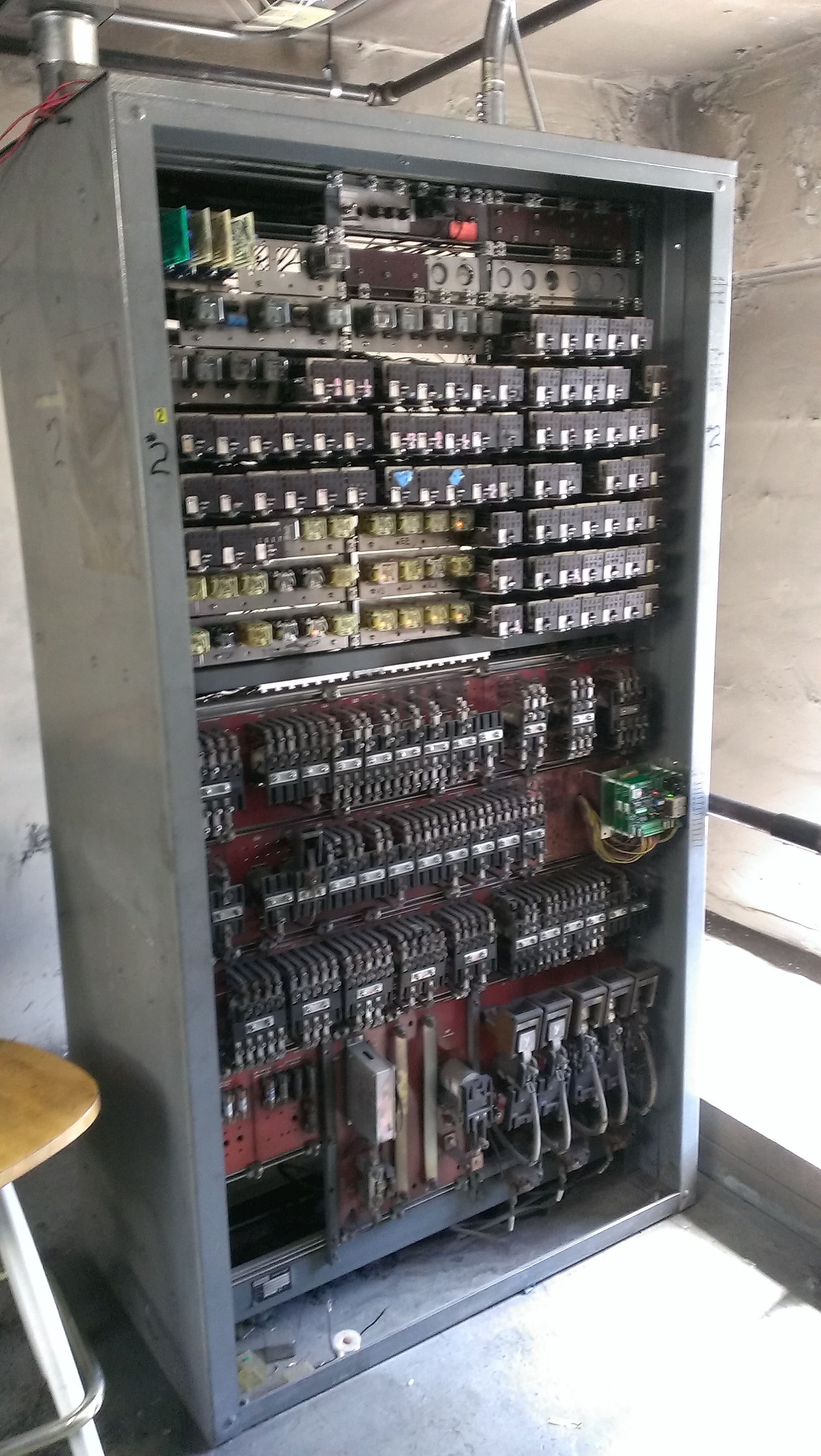

The .ProcLoadPriceInfoObjects class implements this functionality.įor more information about PriceInfo objects, see the Commerce Pricing Engines chapter.įor more information about the OrderManager, see the Working With Purchase Process Objects chapter. Later, when an Order property is accessed (for example, by calling getPriceInfo() or getCommerceItems() in the Order), the rest of the AmountInfo objects in the Order are loaded, such as the ItemPriceInfo objects in the CommerceItems and the ShippingPriceInfo objects in the ShippingGroups.

Note that only the OrderPriceInfo and TaxPriceInfo objects are loaded at this point. The .ProcLoadOrderObject class implements this functionality.Ĭreates OrderPriceInfo and TaxPriceInfo objects for the given Order and loads their properties from the Order Repository. Later, when an Order property is accessed (for example, by calling a method like getCommerceItems() or getShippingGroups() in the Order), the rest of the objects in the Order are loaded. Note that while the Order object is loaded, none of the contained objects, such as the CommerceItems or ShippingGroups, are loaded. Many developers use the ATG Commerce Reference Store as an environment for building and testing custom modules because the Commerce Reference Store is very similar to most production ATG applications. Given an Order ID supplied by the PipelineManager, this processor creates an Order object and loads its properties from the Order Repository. The Oracle ATG Commerce Reference Store is ATG’s demo application showcasing ATG development best practices.


 0 kommentar(er)
0 kommentar(er)
